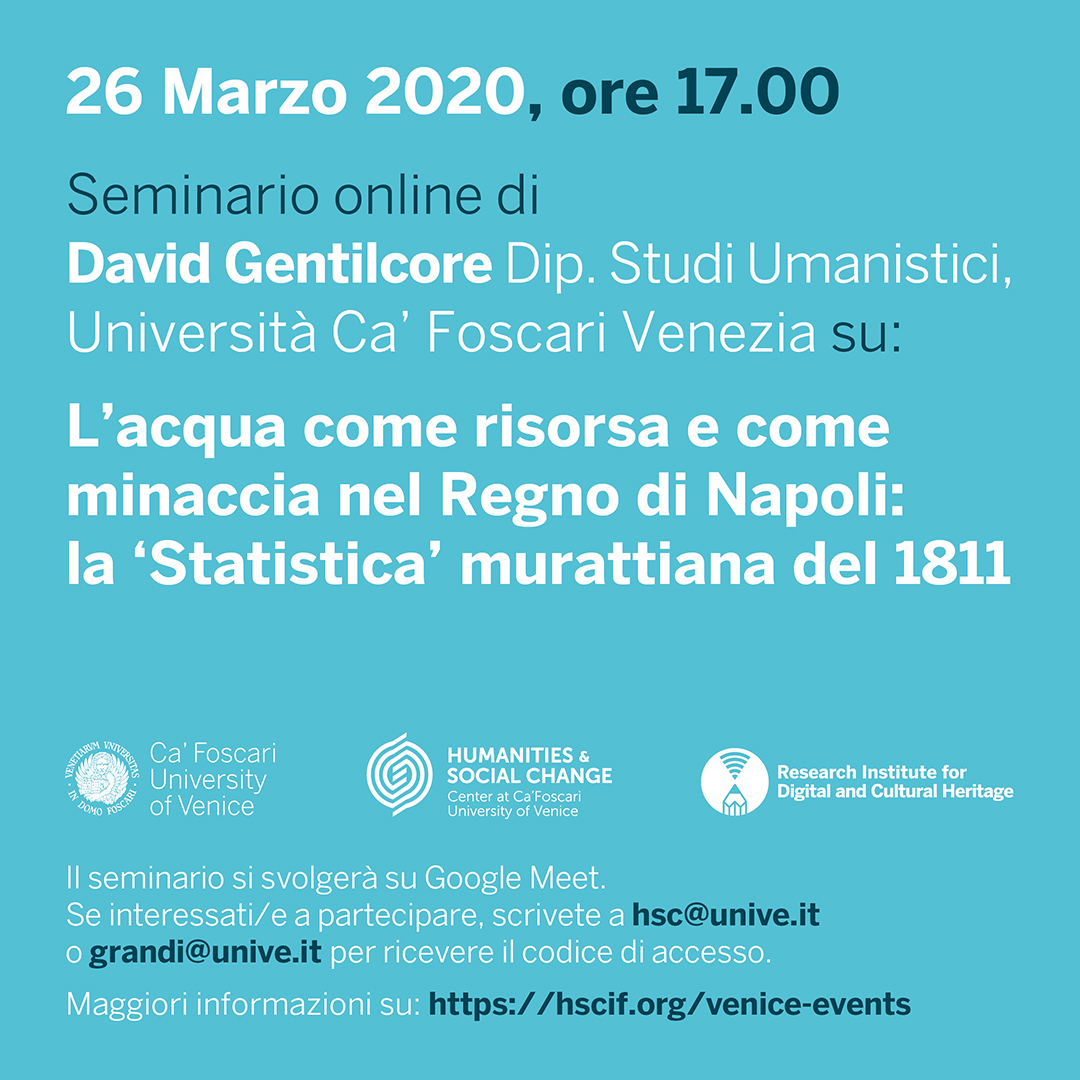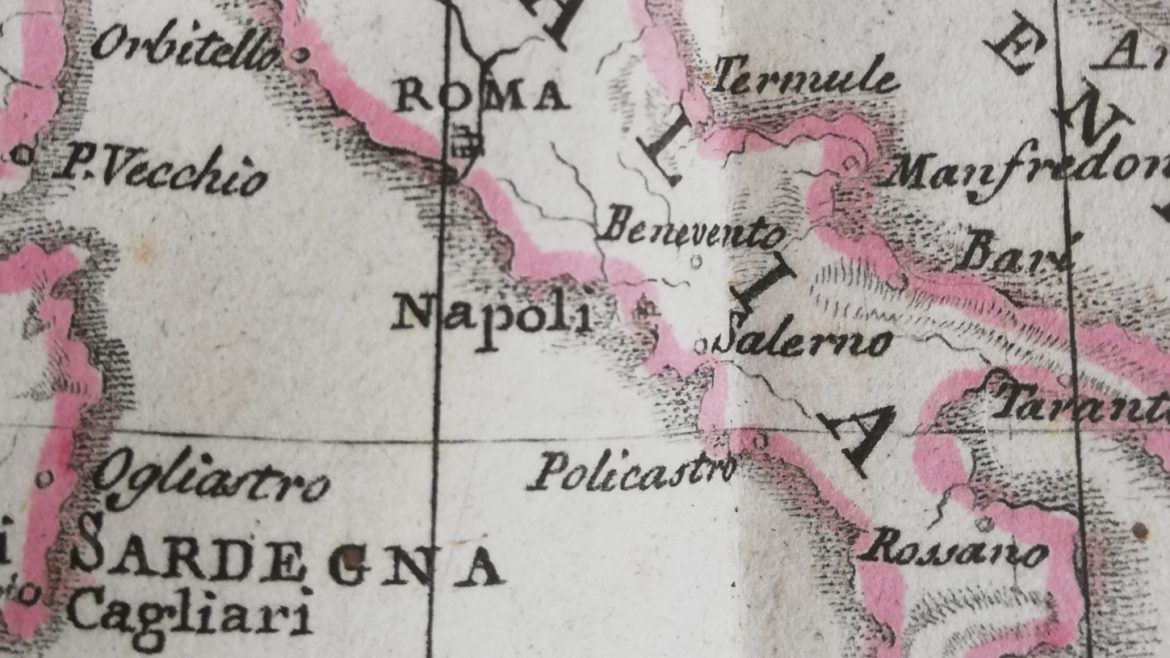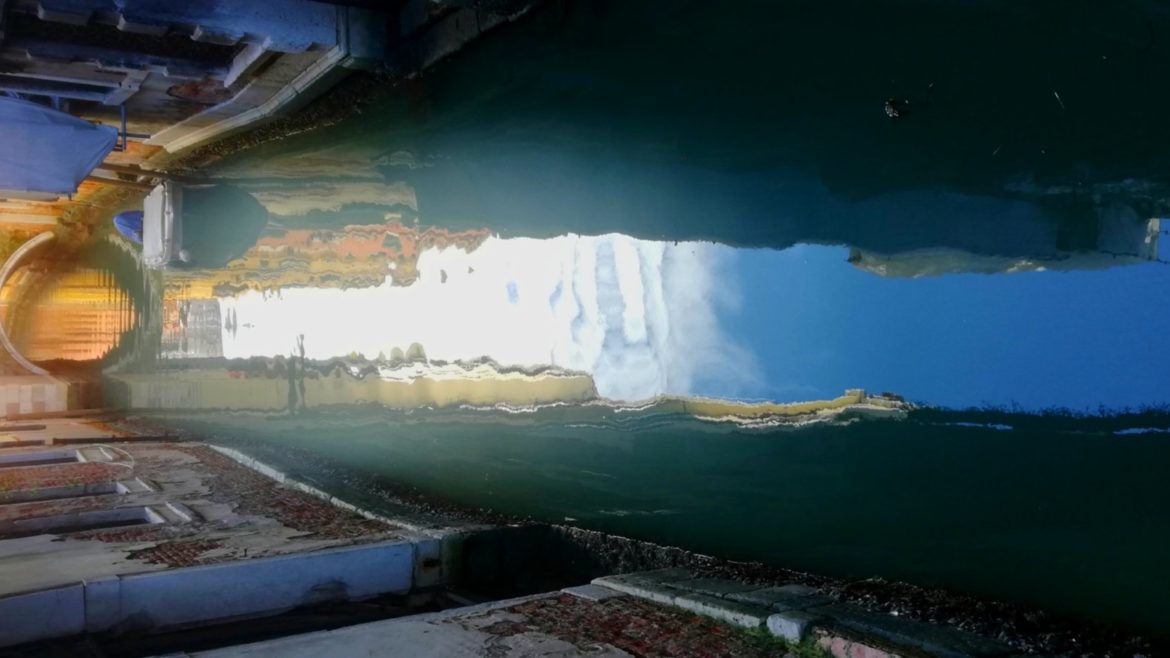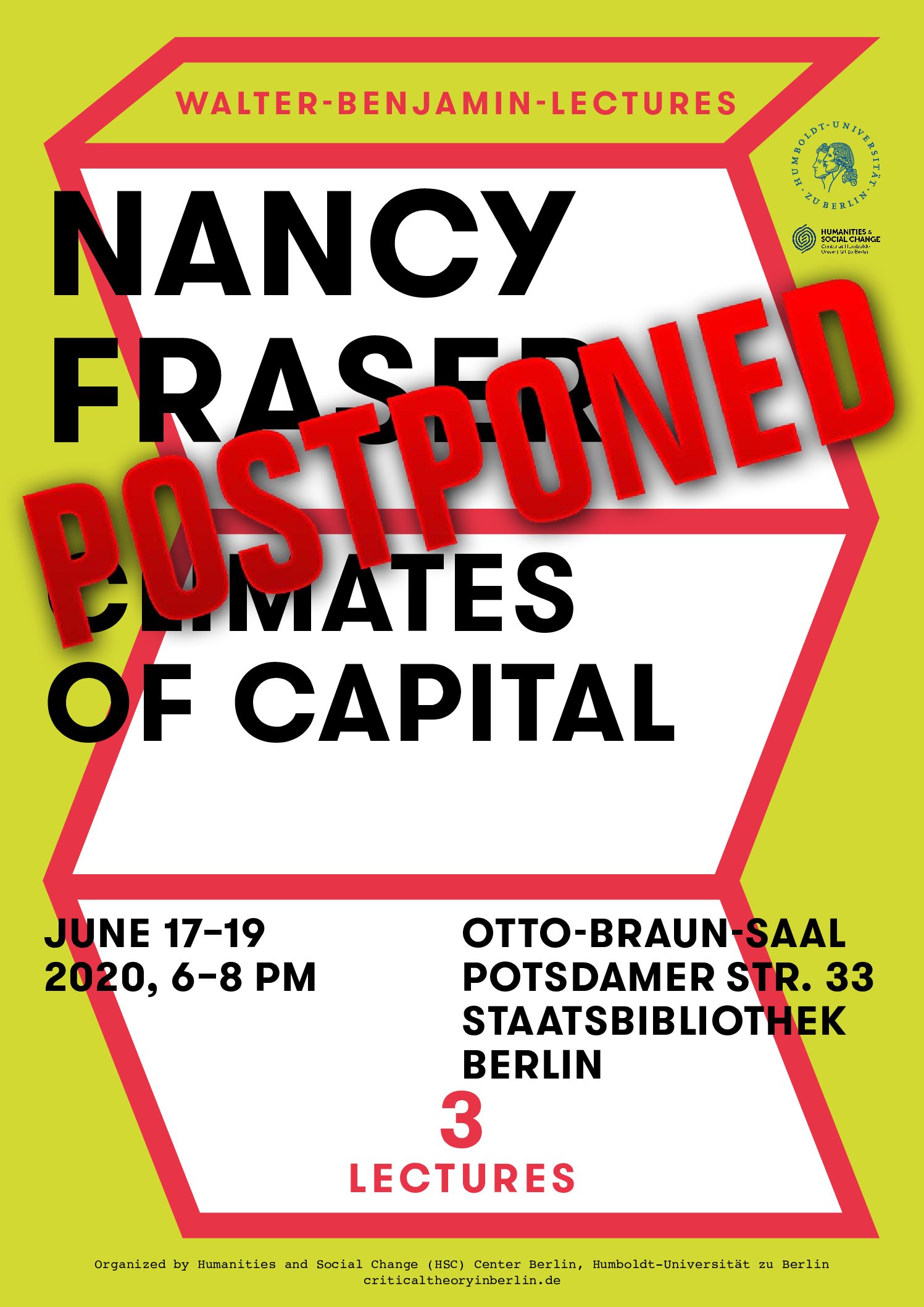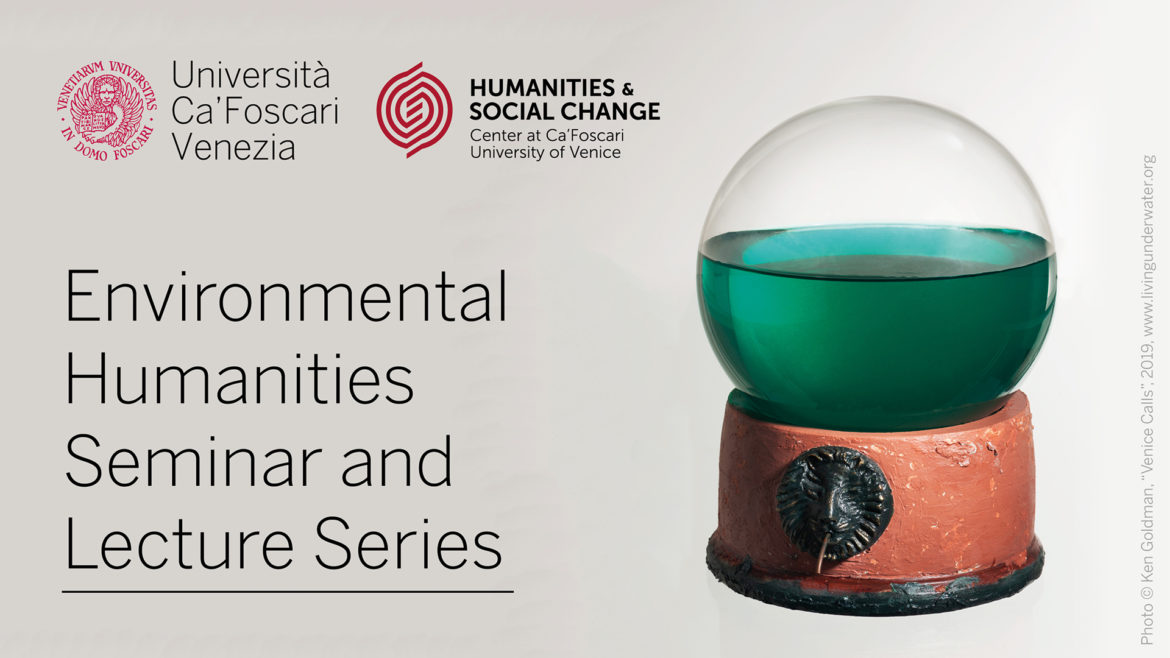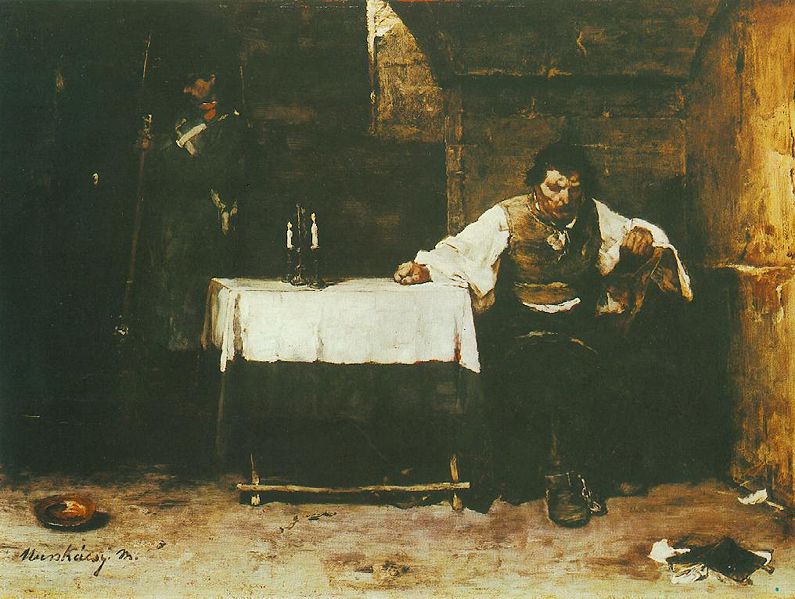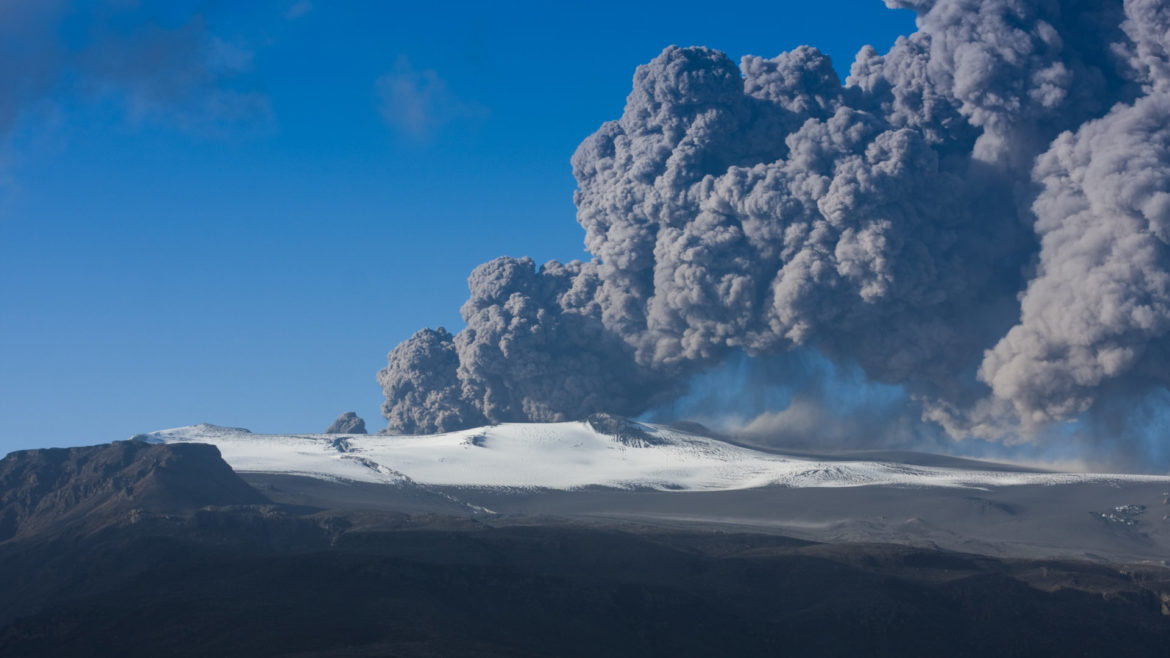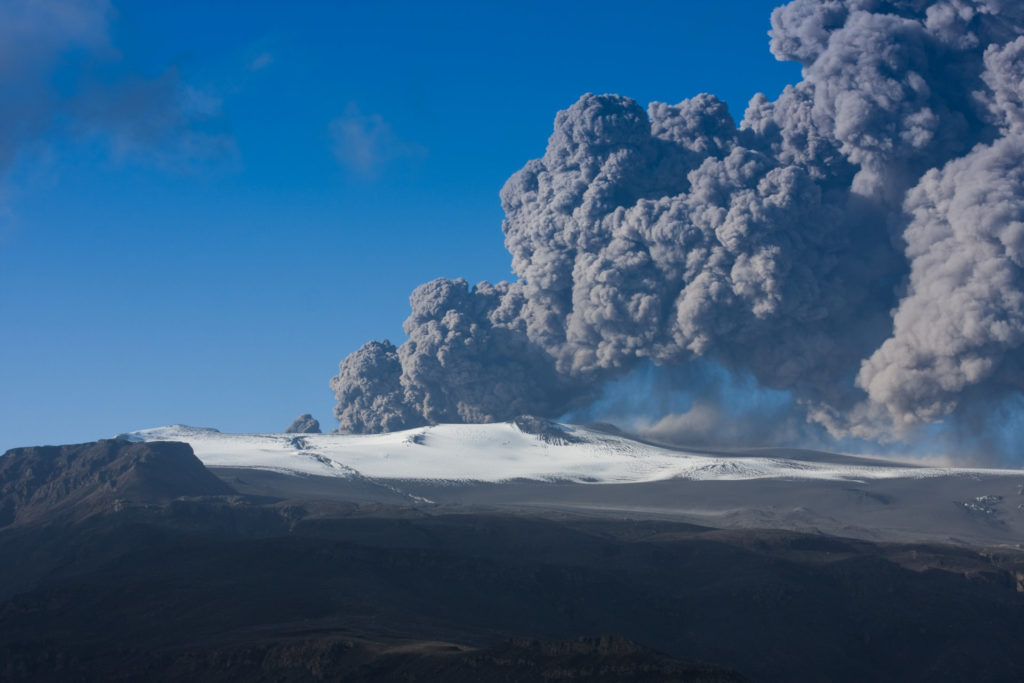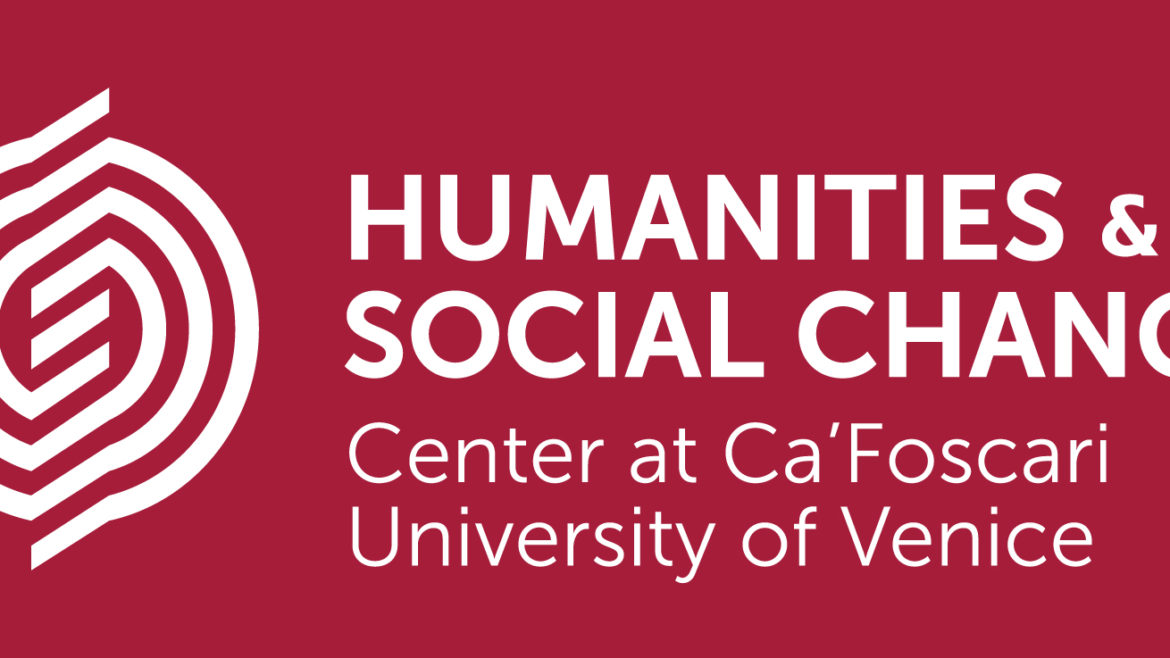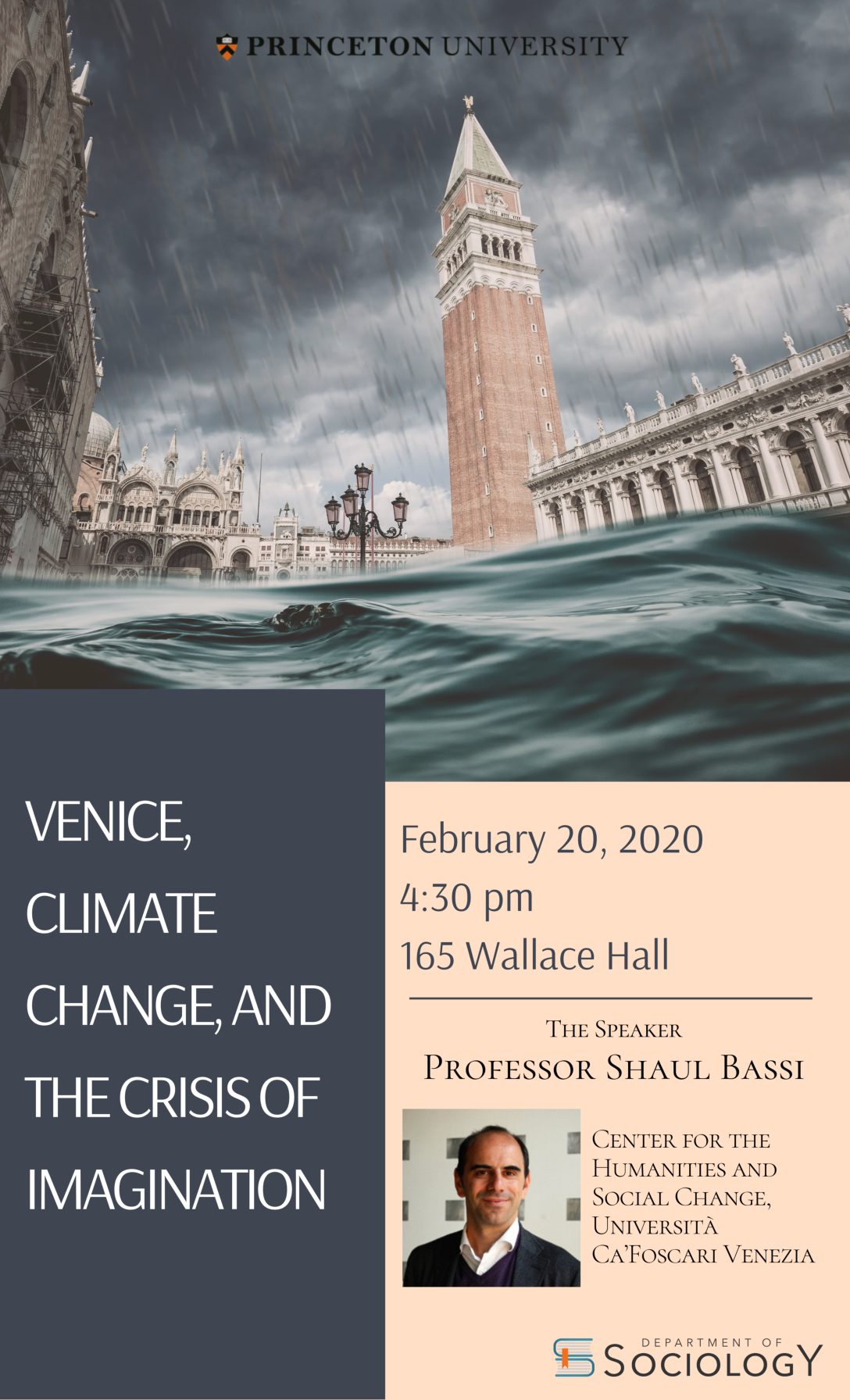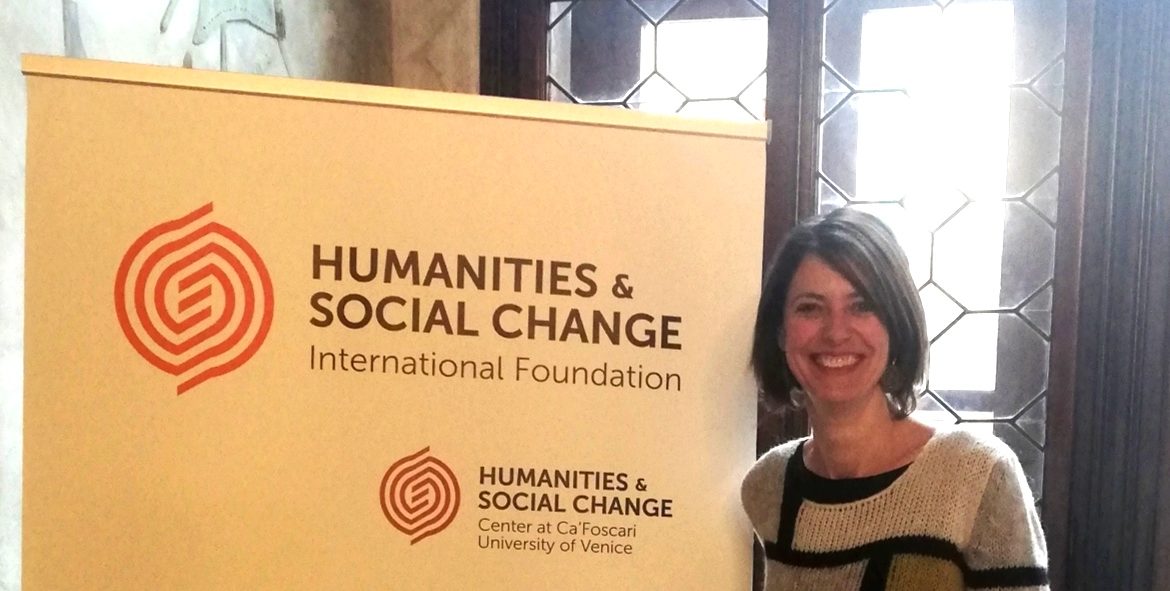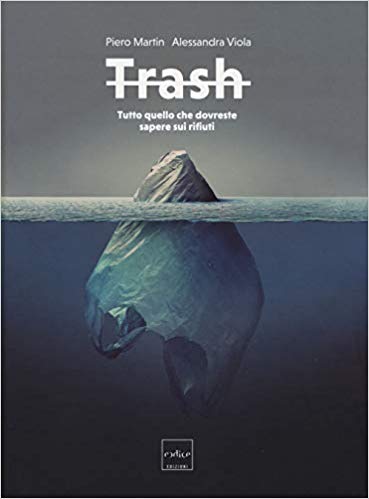Interactive online seminar with David Gentilcore: L’acqua come risorsa e come minaccia nel Regno di Napoli: la ‘Statistica’ murattiana del 1811
March 26, 2020 at 5 p.m. on GoogleMeet
If you would like to participate, please email hsc@unive.it or grandi@unive.it to receive the access code to the online seminar
David Gentilcore is Full Professor in the Department of Humanities at Ca’ Foscari University of Venice. He will discuss “Water as a resource and as a threat in the Kingdom of Naples: the 1811 “Statistica” in Murat’s time.
The seminar is in Italian.
Abstract (ITA)
L’acqua come minaccia e come risorsa nel Regno di Napoli: la “Statistica” murattiana del 1811
La mia presentazione si divide in due parti. Nella prima parte presenterò il mio progetto “The Water Cultures of Italy, 1500-1900”, finanziato da un ERC Advanced Grant, che vorrebbe proporre un
nuovo modo di scrivere la storia, con l’acqua posta al centro. Il concetto di “Water Cultures” si basa sull’intreccio sinergico di cinque filoni di ricerca, che verranno delineati in breve. Per dimostrare l’approccio ho pubblicato due studi, il primo sull’acqua nella letteratura medica europea (soprattutto dietetica), dalla metà del ‘400 fino alla metà del ‘700. La trattatistica getta luce sulla circolazione dei saperi intorno all’acqua da bere, nel contesto della regolamentazione personale dell’alimentazione nel mantenimento della salute: (qui l’abstract). Il secondo studio è dedicato alla gestione del sistema idrico nella Napoli moderna, analizzando le carte del “Tribunale della Fortificazione, Acqua e Mattonata”, per gettare luce sia sulla quantità dell’acqua disponibile e sulle modalità di consumo da parte della popolazione napoletana, sia sulla sua qualità, secondo i criteri dell’epoca. Qui il testo (open access).
Nella seconda parte presenterò il mio “work in progress” sulla “Statistica” del Regno di Napoli, compilata dal 1811 in poi. Si tratta di un’ indagine mirata ad acquisire un quadro chiaro sulla topografia, sullo stato della popolazione, dell’agricoltura e delle manifatture in ognuno delle dodici province che costituivano il Regno. Siccome molti dei quesiti ai quali i redattori provinciali dovevano rispondere riguardano l’acqua, la “Statistica” è una miniera preziosa per conoscere la realtà della situazione idrica nel Regno in un preciso momento storico; o meglio, non proprio “la realtà” ma rappresentazioni e visioni di quella realtà, che la ricerca intende approfondire.
In these troubled times, the Center for the Humanities and Social Change intends to continue its activities and our intellectual conversation. Our unbalanced interactions with our ecosystems have been foregrounded by the current virus emergency and the environmental humanities become even more relevant to understand the present condition and plan for a better future.
in collaboration with / in collaborazione con
